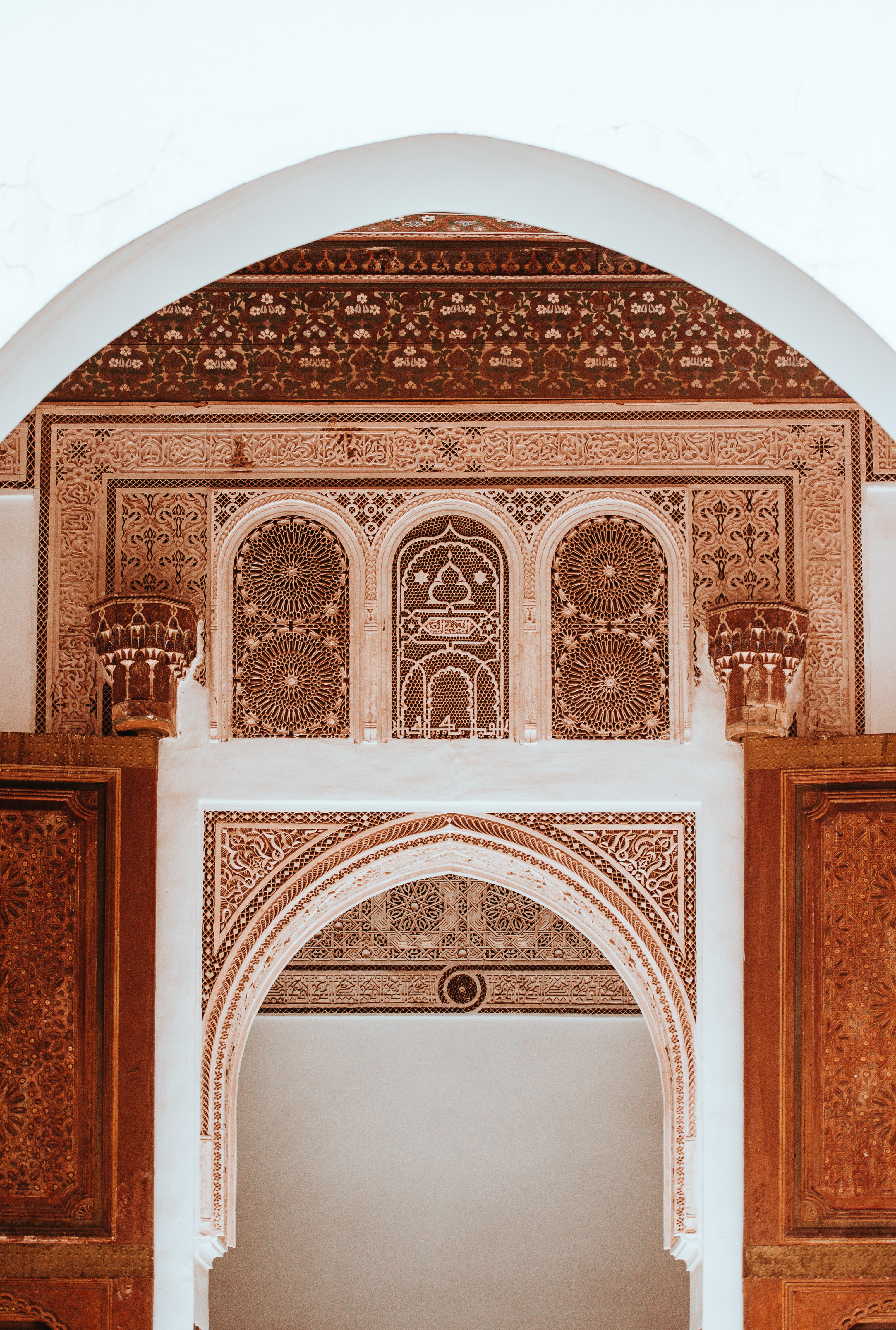
The Role of Moroccan Culture in Its Export Market
Morocco's vibrant culture, with its rich history and blend of influences, has significantly impacted its export market. From the bustling souks of Marrakech to the Berber tribes of the Atlas Mountains, Moroccan culture is not just a local phenomenon but a global treasure that permeates every aspect of the nation's exports.
1. Artisanal Craftsmanship
Moroccan culture is renowned for its unique and diverse craftsmanship. Pottery, textiles, leatherwork, woodwork, and metalwork are all integral to the Moroccan artisanal industry. These intricate, handmade items find their way into global markets, with high demand in regions like Europe, North America, and Asia.
2. Moroccan Cuisine
Moroccan cuisine, an alluring blend of Arab, Berber, and French influences, plays a significant role in the country's export market. Spices such as saffron, cumin, and ras el hanout; traditional ingredients like argan oil and preserved lemons; and renowned dishes such as couscous and tagine are exported worldwide, introducing global palates to Moroccan flavors.
3. Textiles and Fashion
The Moroccan textile industry is influenced profoundly by the nation's culture. The traditional Moroccan kaftan, for instance, is a sought-after garment worldwide. Carpets woven by Berber tribes, known for their distinctive patterns and quality, are another cultural export that enjoys international acclaim.
4. Music and Entertainment
Moroccan music, including traditional Gnawa and modern Moroccan pop, has found an international audience. The export of Moroccan music, films, and entertainment-related products contributes to the cultural exchange between Morocco and the rest of the world.
5. Natural Beauty Products
The indigenous Berber community's knowledge of natural beauty products, such as argan oil and Rhassoul clay, is now shared worldwide. These products, revered for their pure and beneficial properties, have been integrated into the beauty routines of people around the globe.
6. Architecture and Design
Moroccan architecture, with its Andalusian, Berber, and Moorish influences, inspires global trends in interior design and architecture. The iconic Moroccan tilework, lanterns, and furniture are exported to various international markets.
In conclusion, Moroccan culture plays an undeniable role in shaping the country's export market. The rich cultural heritage, diversity, and tradition found in Moroccan goods are universally appealing, creating a vibrant and unique export industry. This cultural influence not only fosters global appreciation for Moroccan traditions but also opens new avenues for trade and business collaborations. By valuing and preserving its cultural heritage, Morocco presents an attractive and dynamic facet of its identity to the world.
